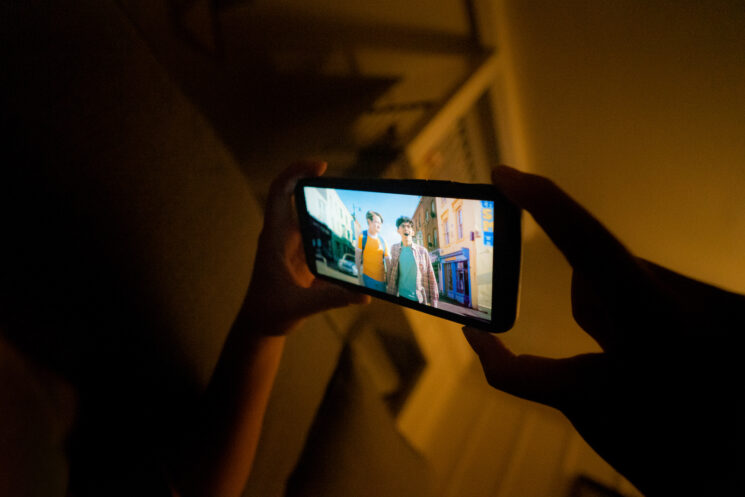
By Jenny Tran
If there’s one thing that teen movies and TV shows seem to say—it’s that being a teenager should be one of the most exciting and thrilling parts of your life.
But, in reality, teenagers are often too busy trying to figure out their math homework or complete their chores to solve a murder or be tangled up in a cult scandal. And, that’s okay—most TV shows and movies are supposed to be fictional anyway. They’re at least casting teenagers to portray these experiences, right?
Well, most of the time, that’s not necessarily the case. From “Mean Girls” to “Riverdale” to ironically “Teen Wolf,” there is a never-ending list of films and shows that feature adult actors in teen roles.
A large reason for this are the legal issues that have to be tackled. Child labor laws places limitations on how many hours the actors can work due to schooling. Those under 16 must also have a guardian on set. On the ethical side of things, minors aren’t advised to play out explicit or sexual scenes.
But when it reaches the point where most or all of the supposedly “teenage” characters are acted by 20 to 30 year olds, it simply isn’t realistic. Teen roles should be filled more by actual teenagers and young people, rather than older adults.
The time gap from adolescence to adult years is an immense one. Twenty-year-olds are often more emotionally and mentally mature than teens. It’s a time of great change and discovery for a lot of people, and the attitudes between the two decades simply can’t compare to each other. With older actors, it’s easy to emphasize explicit and sexual experiences on the screen.
And it’s not just that—adults can’t physically portray teenagers. Adults, who have already hit puberty, possess more developed and grown bodies. Especially with this industry, this means you likely won’t see a pimple or anything short of a six-pack anytime soon.
Teenagers are an especially impressionable audience. When they see characters on screen who are supposed to be their age, they might start to believe that this is what a teenager is like. But, most of the time, the “teenager” they are looking at is actually a decade older than they are.
Adult actors in teenage roles build unrealistic standards. Teenage viewers can feel insecure or self-conscious about themselves seeing bodies or attitudes that don’t match theirs. They might feel obligated to match these characteristics, when it simply isn’t possible.
The portrayals in the movie and show industry can make teenagers feel that they have to rush things and mature as quickly as possible. But in reality, the teenage era should be a time of self-discovery and figuring yourself out. These years are tentative, fragile and should be taken at your own pace. With the influence of unrealistic teenage portrayals, this can be difficult for teenagers to digest.
Of course, it can be argued that movies and shows aren’t supposed to be realistic anyway. But there is a line between what actually represents the teen and what doesn’t.
Take for example the “Harry Potter” movie saga. While real life teenagers probably won’t find themselves fighting dragons or casting death spells on noseless bald men, many of them can still relate to the young characters. Being the same age of their characters, the actors are able to truly represent the maturity and attitudes of young people. They also look as old as their characters.
One recent teenage show is “Heartstopper”, a queer coming-of-age story that many young people can relate deeply to. A large part of it is due to the cast featuring actual teenage actors, which helps closely resemble what teenage lives are like. The actors have even expressed the importance of casting teenage actors in such shows.
While the teenage experience will never be accurately portrayed in Hollywood, it is still important to display a somewhat realistic image for young audiences. Teenagers solving murders will always be enjoyable to watch, but preferably without the six-pack.





